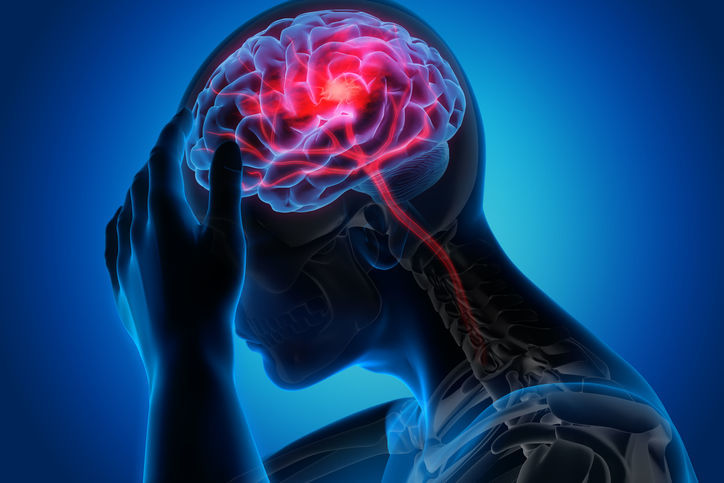Discrepancies between brain regions could help predict risk of psychosis, study finds
New Delhi, July 23
Discrepancies between brain regions linked to a common gene deletion – affecting one in every 2,000 – could help assess one’s risk for developing psychosis, according to a new study.
For 20 years, a team of researchers at the University of Geneva, Switzerland, followed 300 patients, aged 5-34 years, affected by a specific gene deletion – the 22q11.2DS microdeletion.
A common genetic deletion, this results in the absence of a small DNA sequence on chromosome 22. The gene deletion is known to lead to heart defects and immune malfunction in their carriers.
About a third of such individuals can also develop psychotic disorders as a teen or an adult. In such a disorder, there is loss of contact with reality as one develops symptoms affecting the mind, and disrupting their thoughts and perceptions. Almost 40 per cent of the study cohort developed schizophrenia, the researchers said.
In the study, published in the journal Biological Psychiatry: Cognitive Neuroscience and Neuroimaging recently, the researchers looked at how the interactions or ‘coupling’ between brain regions developed from childhood to adulthood. These interactions form the basis of our cognitive (thinking) processes, they explained.
The authors wanted to find out if a less efficient coupling in the people having the gene deletion meant an increased risk of developing psychosis.
Using magnetic resonance imaging, the team observed for 12 years’ brain development in the individuals in their study cohort.
They found a ‘persistent’ discrepancy in the interactions between three brain regions – the frontal cortex, responsible for coordinated movement and language; the cingulate cortex, which helps process pain and emotions; and the temporal cortex, which processes auditory and visual information, along with memory.
The discrepancy is especially marked in teenage, the researchers said.
“We found that patients with the (gene deletion) had a persistent developmental discrepancy since childhood, with regions of hyper- and hypo-coupling throughout the brain,” said first author Silas Forrer, a PhD student in the Department of Psychiatry, University of Geneva.
While hyper-coupling refers to a more-than-optimal coherent interaction between brain regions during development, hypo-coupling refers to a less-than-optimal coherence.
The strong link found between the gene deletion and discrepancies developed during brain’s development is a “significant step towards identifying predictive markers for the disease (psychosis),” the researchers said.
“The next step will be to determine how these couplings can constitute an individual ‘fingerprint’ of the brain, making it possible to clearly know whether that individual is more at risk than another of developing psychosis, or conversely, is protected from it,” explained lead author Stephan Eliez, a professor in the Department of Psychiatry, University of Geneva.









